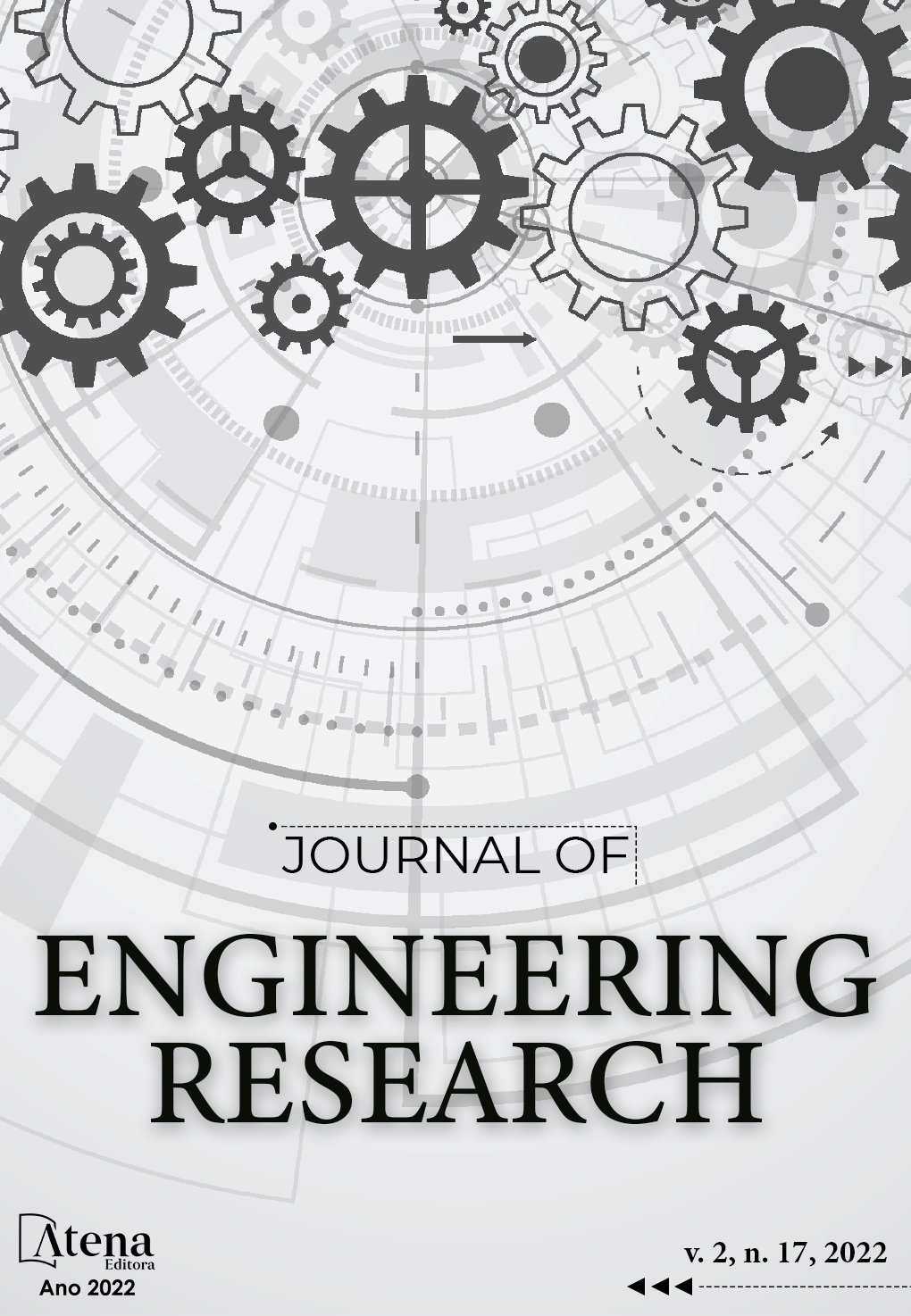
CHALLENGES OF THE DEPLOYMENT OF ELECTRIC CARS IN BRAZIL
The insertion of electric cars in the autonomous world market is growing. The higher acquisition cost and lower autonomy of electric traction, in relation to internal combustion traction, are still the main factors that restrict the sale of this type of vehicle. Even so, in the long term, the lack of an infrastructure that supports the transition to the electric vehicle matrix, can result in a bottleneck in the change of energy source. Therefore, the main objective of this article is to present, through a literature review, the main challenges related to the implementation of electric vehicles in Brazil. The general challenges described include the study of the storage capacity of more efficient batteries and the comparative analysis between electric, hybrid and conventional cars. Meanwhile, the challenges in Brazil were portrayed from the analysis of the grid and electricity distribution matrix and through statistical data of Brazilian lithium reserves. Thus, it appears that solid-state, lithium-sulfur and lithium-air batteries have theoretical storage capacities superior to the current generation of lithium-ion batteries used in automobiles. It was also possible to verify that it is necessary to increase the supply of electric energy in Brazil, in order to meet the future demand for vehicles powered by the electric grid. In addition, a variety of information relevant to technological development research related to this topic was obtained.
CHALLENGES OF THE DEPLOYMENT OF ELECTRIC CARS IN BRAZIL
-
DOI: 10.22533/at.ed.3172172202085
-
Palavras-chave: Indústria Automobilística; Carro Elétrico; Energia Elétrica; Sustentabilidade.
-
Keywords: Automotive Industry; Electric Car; Electric Energy; Sustainability.
-
Abstract:
The insertion of electric cars in the autonomous world market is growing. The higher acquisition cost and lower autonomy of electric traction, in relation to internal combustion traction, are still the main factors that restrict the sale of this type of vehicle. Even so, in the long term, the lack of an infrastructure that supports the transition to the electric vehicle matrix, can result in a bottleneck in the change of energy source. Therefore, the main objective of this article is to present, through a literature review, the main challenges related to the implementation of electric vehicles in Brazil. The general challenges described include the study of the storage capacity of more efficient batteries and the comparative analysis between electric, hybrid and conventional cars. Meanwhile, the challenges in Brazil were portrayed from the analysis of the grid and electricity distribution matrix and through statistical data of Brazilian lithium reserves. Thus, it appears that solid-state, lithium-sulfur and lithium-air batteries have theoretical storage capacities superior to the current generation of lithium-ion batteries used in automobiles. It was also possible to verify that it is necessary to increase the supply of electric energy in Brazil, in order to meet the future demand for vehicles powered by the electric grid. In addition, a variety of information relevant to technological development research related to this topic was obtained.
-
Número de páginas: 27
- Artur Saturnino Rodrigues
- Víctor Augusto Nascimento Magalhães
- Izaldir Ângelo Pereira Lopes
- Sheilla Caroline de Lima


